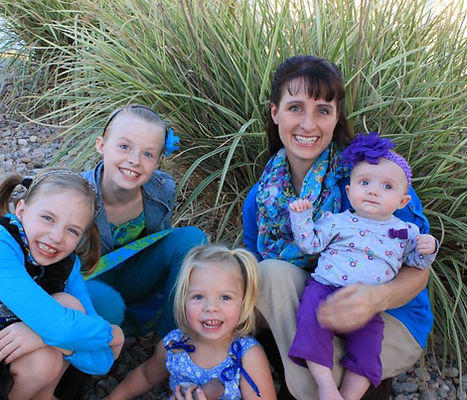

Hearing and Deaf Cultures
Cultures help to define and enrich our lives. I live with two cultures in my home: hearing and deaf. The values, behaviors, and beliefs within both cultures that are the same, however there are a few differences. I do my best to learn, understand, and honor both cultures. Children/Adults who are deaf are exposed the hearing world all day every day, so they have a pretty good understanding of the Hearing culture. However, those who are hearing often don’t know much about the deaf culture. This is just to show the differences but not to show superior over another, but to simply highlight and honor the differences of the cultures.
-
Deaf Culture VS Hearing Culture
ASLSpoken EnglishPeople who are deaf do not see themselves as cheated because they can’t hear. “Some who are deaf use hearing aids while worn by many deaf adults as a tool that can be beneficial to them in the Hearing world, do not hold a spot high on the priority list in the Deaf community.”
Hearing is highly valued: clapping cheering, cell phones, conversations, listeningValue social interaction, however, the event can be delayed because of the need to socialize. Planning an event you will have time prior to and after an event to socialize.
2. Socialization is a part of everyday life in the Hearing world so time isn’t needed to be set aside to encourage socialization. Deaf people who meet someone new for the first time they ask where they live, where they went to school, and if they attended College. They ask this to see if they will know anyone who they know. The Deaf community is much smaller than the Hearing world, and so they want to connect and communicate. Hearing people usually talk about what they do for a living, their families, and where they live. Rarely, will they talk about the school they graduated from. Chances are they still know most of the people.
3. Social Graces generally are not seen necessary in the Deaf community: excusing the noises (burping, passing gas, sneezing, coughing, eating loudly, grunting, tummy growling, laughing out loud, etc) are not necessary. These types noises don’t disrupt those in the deaf community, so they are not needed to be excused. Hearing people are very aware of the sounds they make in their environment. Children are taught to eat quietly, excuse themselves after they noises.
4. The Deaf community is very straightforward. They are blunt and will let you know it. Hearing people will dance around the issue. The more straightforward hearing people can be with those they communicate in the deaf culture
5. Getting the attention of others by waving tapping hitting the table or tapping someone on the shoulder. The hearing world you call their name, say excuse me, hey, or sir.
This is just a short summary of the some of the cultural differences of the hearing and deaf world.



